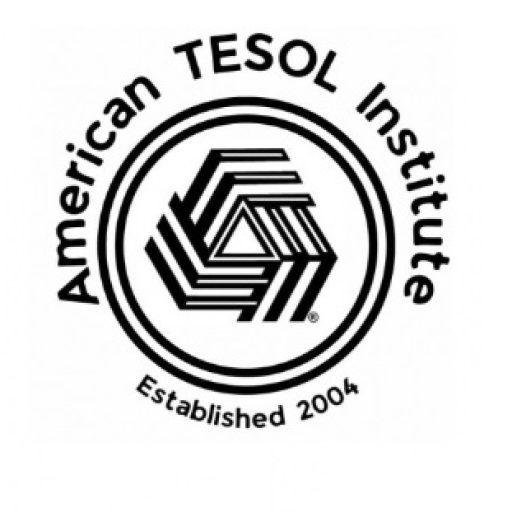Adolescence is a critical period where teens’ intellectual curiosity and ability to think critically are rapidly developing. Engaging them in writing projects and debates is an effective way to harness this growth, encouraging self-expression, collaboration, and a deeper understanding of the world.
Writing Projects: Cultivating Creativity and Communication
Writing projects give teens the opportunity to explore their imagination, express their ideas, and enhance their communication skills. Here are a few impactful approaches:
- Creative Writing: Encourage teens to experiment with various forms of writing, such as short stories, poetry, or scripts. Use writing prompts or themed challenges to spark their creativity.
- Persuasive Essays: Assign topics relevant to their lives—social issues, the environment, or current events. Guide them in researching, gathering evidence, and crafting strong, well-supported arguments.
- Journaling: Offer a safe space for self-reflection where teens can explore their thoughts, emotions, and goals. Journaling helps enhance self-awareness and emotional intelligence while building fluency in writing.
- Collaborative Storytelling: Organize group writing projects where students build a story together. This nurtures teamwork, creativity, and problem-solving skills.
- Research Papers: Guide students through the process of conducting research, evaluating sources, and presenting findings in a structured, logical manner.
Debates: Building Critical Thinking and Persuasion Skills
Debates provide a dynamic platform for developing essential skills like critical thinking, public speaking, and persuasion. To facilitate successful debates:
- Choose Relevant Topics: Pick current, engaging, or controversial issues that ignite passion and inspire in-depth analysis.
- Set Clear Rules: Establish guidelines for respectful communication, evidence-based arguments, and time management.
- Encourage Preparation: Offer resources and guidance to help students research and formulate strong arguments.
- Promote Active Listening: Urge students to attentively listen to their opponents and thoughtfully respond to opposing viewpoints.
- Provide Constructive Feedback: Give feedback on both argument content and delivery, highlighting strengths and areas for growth.
Benefits of Writing Projects and Debates
Both writing and debating foster a range of crucial skills:
- Enhanced Communication: Students learn to express ideas clearly and persuasively in both written and spoken formats.
- Critical Thinking: Analyzing information, evaluating evidence, and constructing logical arguments become second nature.
- Research Skills: Students learn to gather, assess, and synthesize information from various sources effectively.
- Collaboration: Group projects and debates teach teamwork, compromise, and effective communication.
- Confidence: Public speaking and writing help teens build confidence in expressing their thoughts and opinions.
Conclusion
Incorporating writing projects and debates into the classroom empowers teens, encouraging self-expression, critical thinking, and collaboration. These activities provide invaluable preparation for academic success and beyond, igniting a passion for learning while developing essential life skills.


